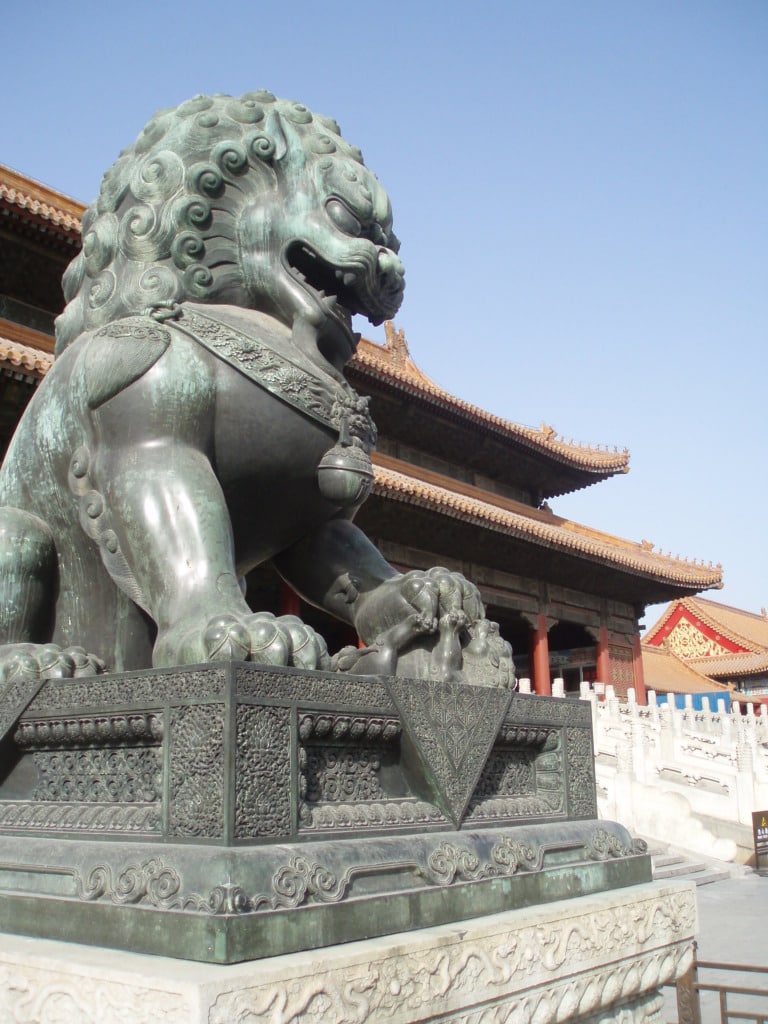A Legislative Fix for the Cassirer Case?
Regular TLB readers may be familiar with the Cassirer case seeking to recover a painting by Camille Pissarro that was stolen by the Nazis and is now in the possession of a Spanish museum. The U.S. Supreme Court held in Cassirer v. Thyssen-Bornemisza Collection Foundation (2022) that federal courts must apply state choice-of-law rules to…
Continue ReadingSecond Circuit Hears Halkbank Oral Argument
On February 28, 2024, the Second Circuit heard oral argument in United States v. Turkiye Halk Bankasi A.S. From the judges’ questions—which admittedly came almost exclusively from Judge Bianco—the panel seems likely to hold that Halkbank, a Turkish state-owned bank, is not immune under federal common law from criminal prosecution for violating U.S. sanctions on Iran. That…
Continue ReadingWhat Does Customary International Law Say About Halkbank’s Immunity?
Tomorrow, the Second Circuit will hear argument in United States v. Turkiye Halk Bankasi A.S. to consider whether Halkbank, a Turkish state-owned bank (but not its central bank), is immune from criminal prosecution for violating U.S. sanctions on Iran. Halkbank claimed immunity under both the Foreign Sovereign Immunities Act (FSIA) and federal common law. The U.S….
Continue ReadingMore Choice of Law in Terrorism Cases
The U.S. District Court for the District of Columbia (DDC) hears a lot of state-sponsored terrorism cases. The plaintiffs in these cases typically assert a cause of action under 28 U.S.C. § 1605A(c). This action is, however, only available to individuals who are either (1) a U.S. national, (2) a U.S. servicemember, (3) a U.S….
Continue ReadingNinth Circuit Gets Tangled Up in Minimum Contacts and Due Process
Do the Fifth Amendment’s due process protections require minimum contacts? And do those protections apply to foreign states sued under the Foreign Sovereign Immunities Act (FSIA)? Those are the fundamental questions on which Ninth Circuit judges offered differing approaches as they resolved a recent petition for rehearing en banc. Regular TLB readers may recall that…
Continue ReadingFurther Thoughts About Missouri’s COVID Suit Against China
As previously discussed at TLB, the Eighth Circuit recently held that the Foreign Sovereign Immunities Act (FSIA) does not shield the People’s Republic of China from suit on one of the claims that Missouri has brought against it arising from the COVID-19 pandemic. Specifically, the court of appeals held that Missouri could move forward with…
Continue ReadingMissouri’s COVID Suit Against China Revived
The Eighth Circuit has breathed life back into Missouri’s attempts to hold the People’s Republic of China (PRC) responsible in U.S. court for the COVID-19 pandemic. Missouri filed this claim in April 2020 and, as Chimène Keitner outlined at the time, the case is rife with Foreign Sovereign Immunities Act (FSIA) issues. This latest decision…
Continue ReadingNinth Circuit Decides Cassirer in Favor of Spain
In 2005, Claude Cassirer sued a state-owned museum in Spain to recover a painting by Camille Pissarro that the Nazis stole from his grandmother. The case went to the U.S. Supreme Court on a choice-of-law question, and the Court held that state, rather than federal, choice-of-law rules should determine the applicable law in cases under…
Continue ReadingU.S. Brief in Halkbank Abandons Customary International Law in Immunity Cases
In Turkiye Halk Bankasi A.S. v. United States (Halkbank), the Supreme Court held that the Foreign Sovereign Immunities Act (FSIA) does not apply to criminal proceedings. The Court remanded Halkbank’s separate claim of common law immunity to the Second Circuit for reconsideration. On November 20, 2023, after two extensions, the United States filed its brief on remand. The U.S….
Continue ReadingChina’s New Foreign State Immunity Law: Some Foreign Relations Aspects
On September 1, 2023, the Standing Committee of China’s National People’s Congress (NPC Standing Committee) passed the Law of the People’s Republic of China on Foreign State Immunity (FSIL) (English translation here). The FSIL will enter into force on January 1, 2024. This law heralds a fundamental shift of China’s attitude towards foreign state immunity,…
Continue Reading








